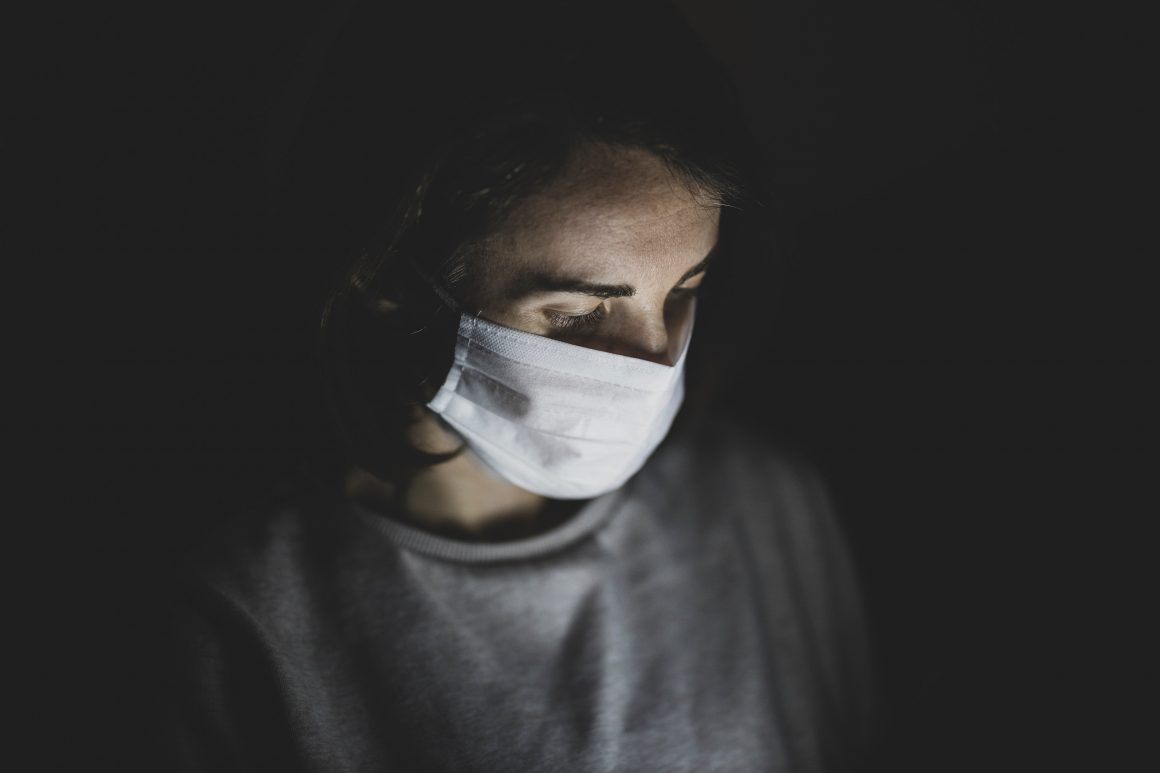
Take a minute to breathe: Pandemic reflections for weary students
By Roog Kubur, April 8 2022—
Just after the second anniversary of the initial COVID-19 lockdown, we are somehow much worse off than when we began. This time it’s not because of new variants or new developments on the best type of masks to wear in public (KN95s for the win), but because we are instead forced to face the obscurity of these past two years. Now it seems like our new reality is to simply live with the virus rather than trying to eliminate it. We’re backed into a corner where we have to move forward from something that will never truly be behind us.
When lockdown first happened, I, and many others, considered it as something good. During that time, it felt like the world was moving much too fast for me to process and lockdown was a much-needed pause. The switch to online learning alleviated some academic tensions and provided people with the chance to refocus their attention on personal development.
The pandemic brought a surge of at-home workout fanatics, a new fascination in perfecting bread recipes and a rekindling of handiwork hobbies like crochet and knitting. The fact that we were away from other people made us prioritize our own development over work- or academic-related achievements. Theoretically, all that time at home brought us something that we never had before in the capitalist, productive, hustle-culture we live in – free time.
Now that we return to a semi-normal version of the world we knew before, will this prioritization of personal development continue? It’s hard to say, but signs seem to point to no. With the world opening back up there is now less time that can be spent outside of the mandatory work or class hours and more time dedicated to getting back into the rhythm of being in-person.
Commute times have shifted from getting out of bed to voyaging to campus and each lecture hall brings with it a swath of faces never before seen. There is pressure to fully commit to the pre-pandemic days through social interactions and academic expectations. We no longer have the time to be by ourselves because we have two years of catching up to do and all of it must be done now.
Without any chances to reflect on the past two years, we are instead encouraged to put the past behind us. This no-so-distant history is pushed to the back burner in favour of being present with company and taking advantage of that. This hyper-refocus on social interaction over internal reflection means that there’s no time to process the pandemic and it’s almost treated as a simple blip in this thing we call life.
Treating it as a memory negates the very real issues that many of us were forced to deal with. Many students that were planning on entering university this year were unable to do so because the stress of the pandemic caused them to just miss the mark of entry. Many students who did university online struggled tremendously and are now forced to make amends with those struggles.
Major political and social developments have happened in the last two years, and on top of that, faith in a fractured government was also being called into question. These huge events were happening right outside our doors and we couldn’t partake in them. These commonplace experiences are huge.Simply to say that the pandemic was nothing more than a “weird time” neglects the mental toll that it took on everyone.
Some days, when I’m feeling particularly hopeless, I begin to wonder where we would be now if things were done just a little bit differently. If there was no rush to open up back in September 2020, if the plan was never to be “open for summer” in July 2021, or even if vaccine and mask mandates were just a little stricter in September 2021. The blame to assign for all of these missteps has been plentiful, however, it all reflects the uncertainty that we were forced to face prematurely.
Reflecting on the pandemic is hard. It’s hard to make sense of the hodge-podge of bad decisions and even worse consequences we’ve been dealing with. It’s even harder to articulate what the future will look like from here. The pandemic has brought with it a much-needed reevaluation of civil society and its priorities, but also individual priorities.
The rush to go “back to normal” has made us forget that singular thing we appreciated so greatly in March 2020 — time. We need time to process the last two years and nobody is doing us any favours by insisting to move forward. There’s no definitive answer for what’s coming up next and frankly, even if there was one, I doubt it would hold true in a year from now. The only certain thing this pandemic has brought us is the need to be uncomfortably okay with uncertainty.
This article is part of our Opinions section.
